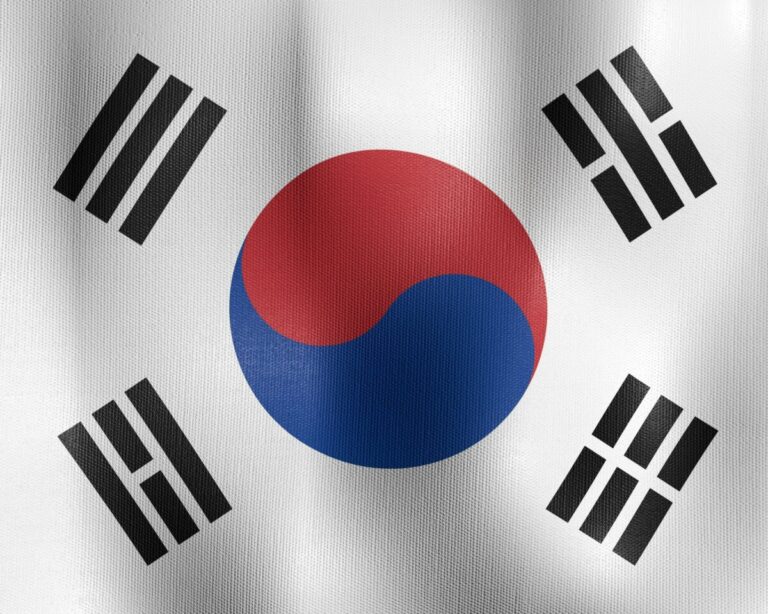In an unprecedented and dramatic turn of events, South Korean President Yoon Suk Yeol was impeached by the National Assembly on December 13, 2024, marking the first time in the country’s history that a sitting president has been removed from office through impeachment. The impeachment followed a series of controversial actions and accusations of abuse of power, leading to widespread political turmoil and public outrage.
The Impeachment Process
The impeachment proceedings were set in motion after President Yoon declared martial law on December 3, 2024. Citing a growing threat from opposition lawmakers whom he accused of engaging in anti-state activities, Yoon’s decision to impose martial law sparked immediate protests across the country. Many citizens, as well as opposition parties, condemned the move as an authoritarian overreach and a violation of South Korea’s democratic principles.
Although President Yoon lifted the martial law following massive public outcry, his actions continued to spark widespread condemnation. Critics argued that his government was undermining democratic institutions and failing to respect the checks and balances necessary for a functioning democracy. The National Assembly, responding to these concerns, initiated impeachment proceedings against Yoon. After a lengthy debate, the assembly voted overwhelmingly in favor of impeachment, citing his use of excessive executive power and his role in destabilizing democratic norms.
Political Fallout
The impeachment of President Yoon has sent shockwaves through South Korean politics, leading to intense debate about the country’s democratic future. For many citizens, particularly younger generations, the impeachment is viewed as a significant victory for democracy and a rejection of authoritarian tendencies. Protesters have celebrated the decision as a triumph for constitutional checks and balances, and a stand against executive overreach.
However, Yoon’s supporters argue that the impeachment was politically motivated and driven by factions within the National Assembly seeking to destabilize the government. They contend that his actions, while controversial, were necessary to preserve national security and protect the country from the perceived threat posed by opposition forces. Supporters also argue that the impeachment process was rushed and lacked sufficient legal grounds.
Constitutional Court Ruling and End of Yoon’s Presidency
Following the impeachment vote, the case was referred to South Korea’s Constitutional Court, which upheld the impeachment in a landmark decision. With the court’s ruling, President Yoon’s presidency has come to an abrupt end, leaving the country in a state of political uncertainty.
South Korea now faces the prospect of a transitional government, and early elections are expected to take place in the coming months. The country’s political future remains unclear, as political parties and citizens alike grapple with the aftermath of this historic political upheaval.
Questions About South Korean Democracy and Future Stability
The impeachment of President Yoon has raised serious questions about the future of South Korean democracy. For many, the events of December 2024 highlight the fragile nature of democratic institutions and the dangers of political polarization. While the impeachment was seen as a necessary step to uphold the country’s democratic norms, it has also exposed deep divisions within South Korean society and politics.
As the country prepares for early elections, there are concerns about potential instability and the possibility of further political gridlock. The transition of power, particularly under such turbulent circumstances, could test the strength of South Korea’s democratic institutions and its ability to recover from this unprecedented political crisis.
For now, South Korea is in the midst of a historic moment that will have lasting implications for its political landscape. The coming months will determine whether the country can emerge from this crisis stronger and more united or if it will face continued political instability. The eyes of the world will be on South Korea as it navigates this uncertain chapter in its history.


